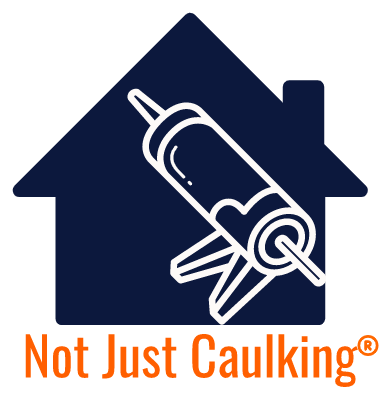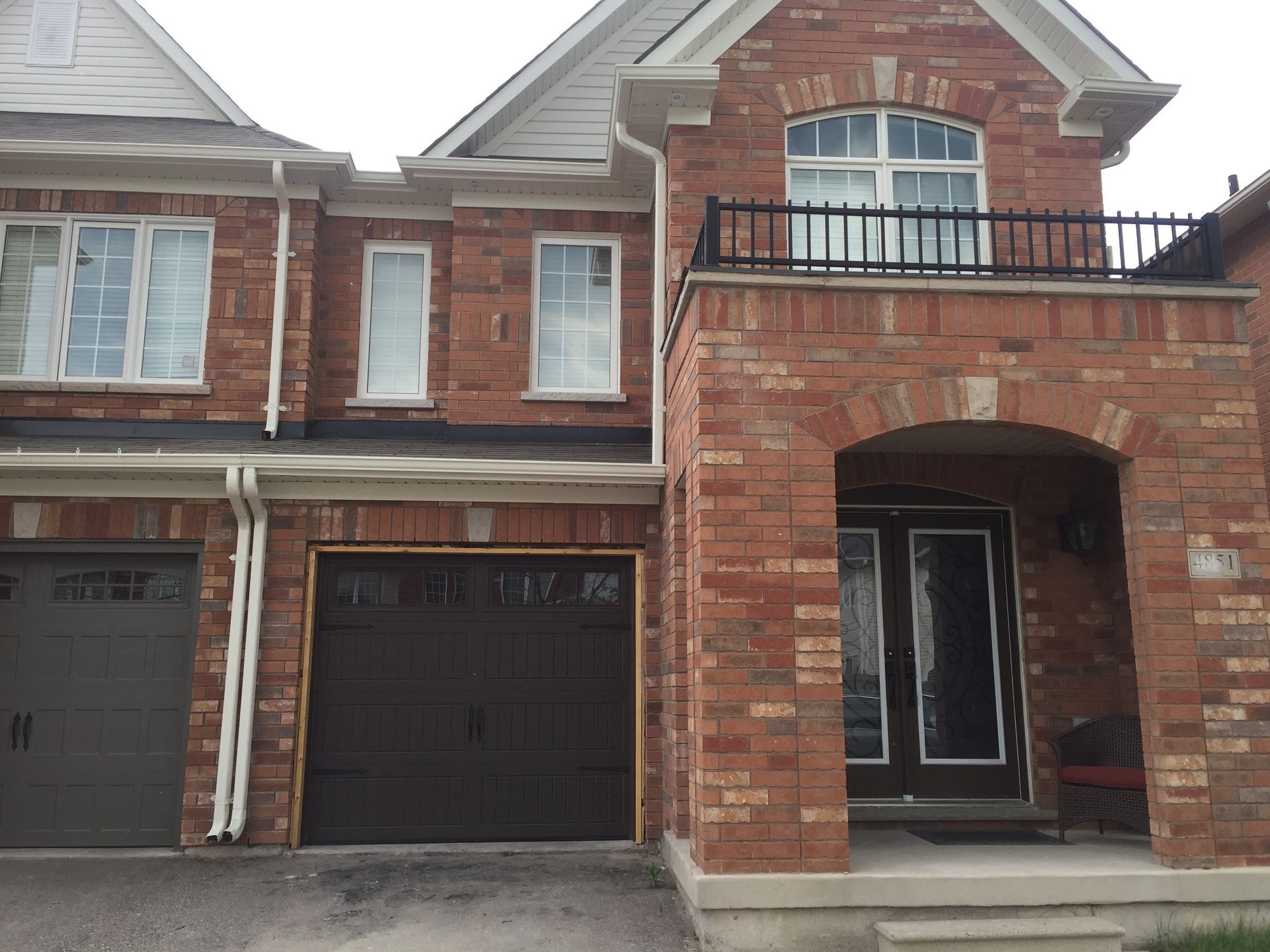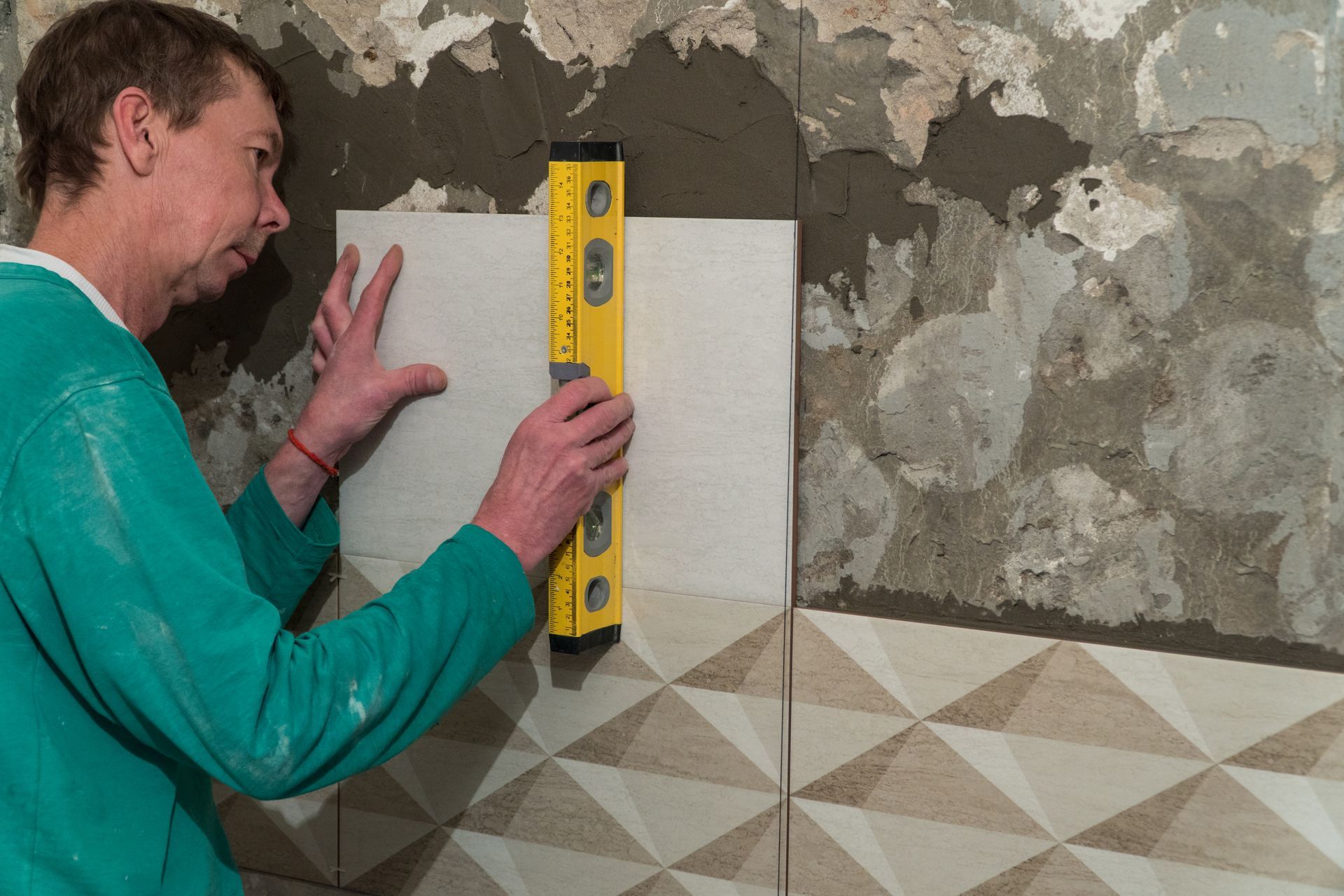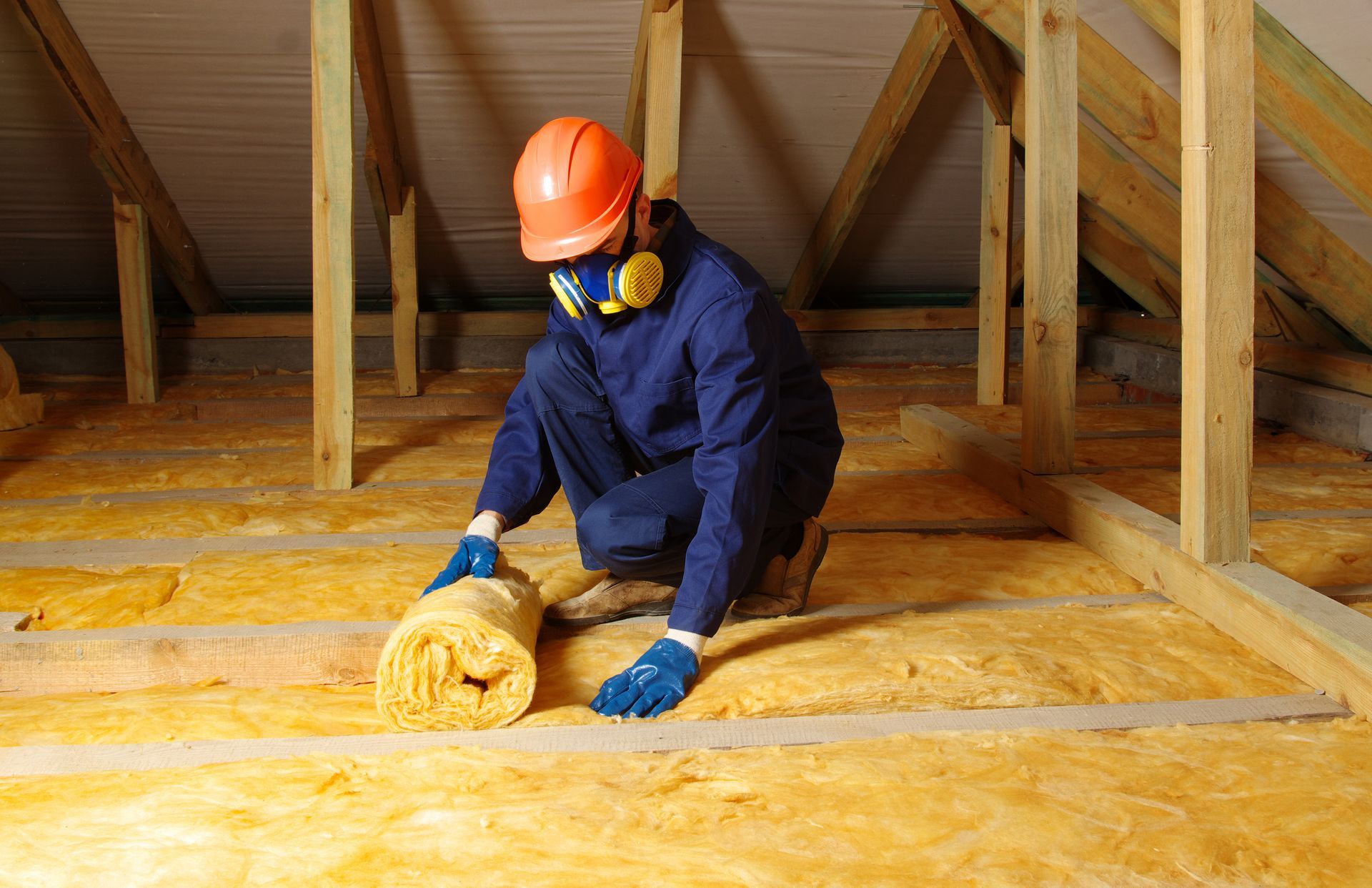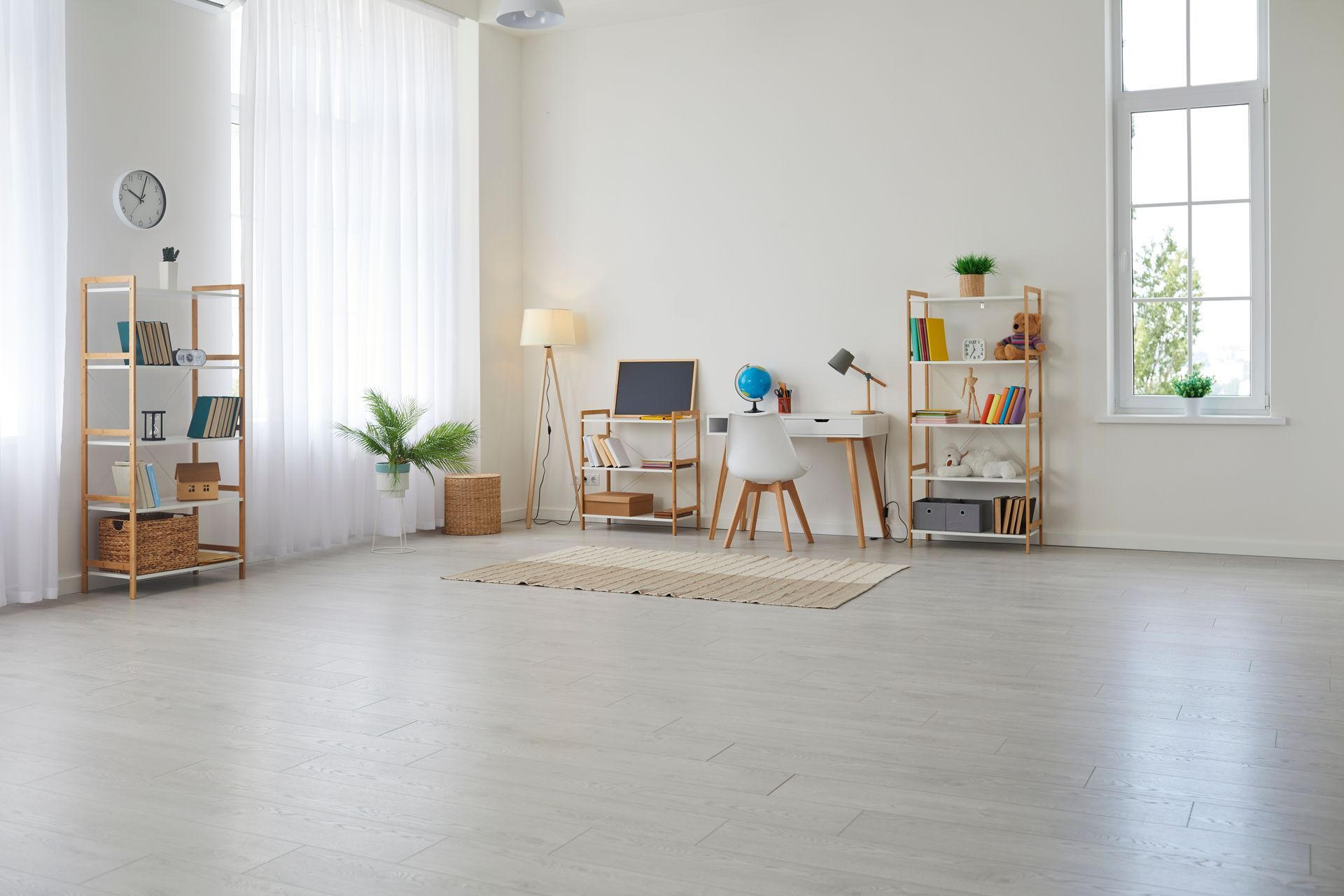Residential Insulation: Key to Climate-Ready, Energy-Efficient Homes
Climate change isn't just a far-off concept; it's a reality, affecting our day-to-day lives. Both our commercial and residential spaces need to adapt accordingly and become environmentally friendly. You might ask, 'how can my home be more durable and minimize its carbon footprint?' The answer lies within the core of your property - insulation.
The Power of Insulation: Your Home’s Invisible Shield
Consider insulation as the invisible shield of your home. It serves as a barrier against fluctuating external temperatures, maintaining a balanced indoor climate. This ensures a warm environment during the chilly winters and a cool atmosphere in the hot summer season. But the role of insulation doesn't stop there; it also contributes to combating the adverse effects of climate change by cutting down your home's energy consumption. Hence, it's not only eco-friendly but also cost-effective!
With sufficient insulation, your home will use less energy for heating and cooling, leading to a significant decrease in your electricity consumption. This reduction in power usage helps minimize your carbon emissions and eases the strain on our overloaded power grid. By installing insulation, you're not only saving costs but actively participating in crafting a sustainable future.
Insulation: A Crucial Element in Climate Change Adaptation
Insulation is often overlooked in the battle against climate change; however, its impact is far-reaching. By stabilizing indoor temperatures, insulation minimizes reliance on HVAC systems, known for their substantial greenhouse gas emissions. A decrease in the use of such systems can result in reduced greenhouse gas emissions, directly mitigating global warming.
Addressing climate change necessitates a significant decrease in greenhouse gas emissions. Buildings contribute significantly to these emissions, especially older ones with poor insulation. By improving insulation, we can reduce these emissions and make our homes more energy-efficient.
Future-proof Your Home with Advanced Insulation
Modern insulation technologies go beyond traditional foam or fibreglass solutions. High-performing materials like aerogel insulation and vacuum-insulated panels (VIPs) deliver superior thermal performance in a compact form. Adopting these cutting-edge insulation solutions can help you future-proof your home, ensuring its long-term energy efficiency and climate adaptability.
You can further decrease your home's carbon footprint by integrating insulation with energy-efficient technologies like solar panels, energy-saving lighting, and smart thermostats. These additions can further enhance energy savings and environmental sustainability.
Be a Climate Champion, Begin with Your Home
Climate change is among the most predominant global issues we face today. The journey to adaptation can commence from our own homes by making conscious decisions about how we build and renovate them. By investing in proper insulation, we're creating not only a comfortable, energy-efficient home but also playing a role in the larger story of climate change adaptation.
Taking steps towards a sustainable future may seem overwhelming, but each tiny step counts. Your first step could be to ensure your home is well-insulated. With the expertise and dedication of Not Just Caulking, your home is just a call away from becoming energy-efficient, comfortable, and future ready.
Your Eco-Action Awaits
Now that you're aware of how crucial insulation is for climate change adaptation and how it benefits your home, it's time to act. If your house is in Grimsby, ON or surrounding areas and you're ready to contribute to a positive change, contact us today at Not Just Caulking!
We are residential renovation specialists, with a commitment to environmental sustainability. We'll help you embark on your green journey with tailored insulation solutions and energy-efficient modifications to future-proof your home.
